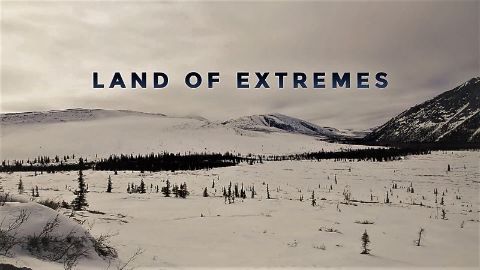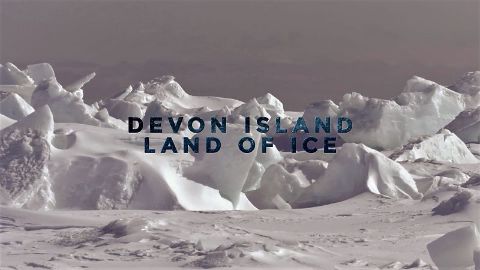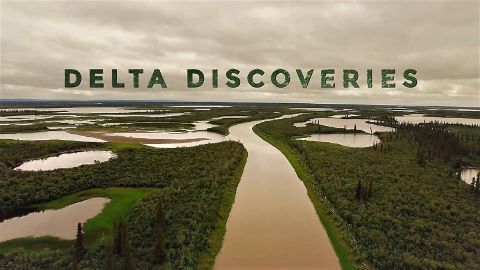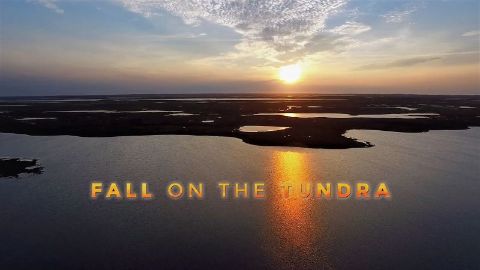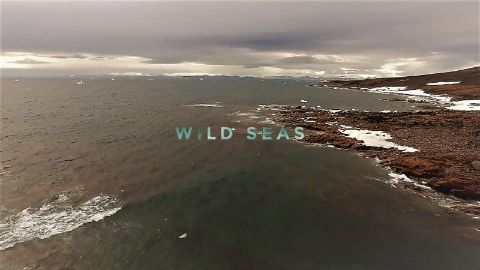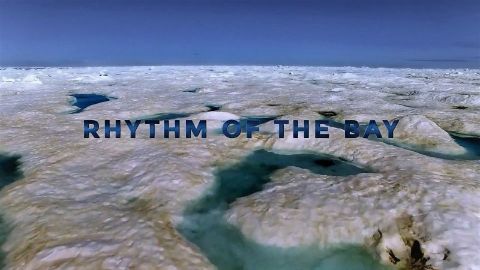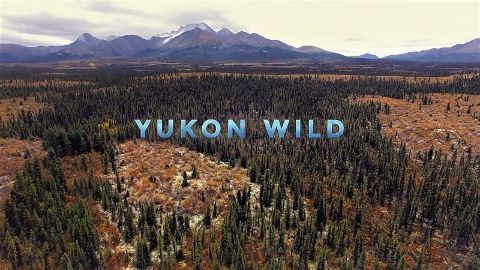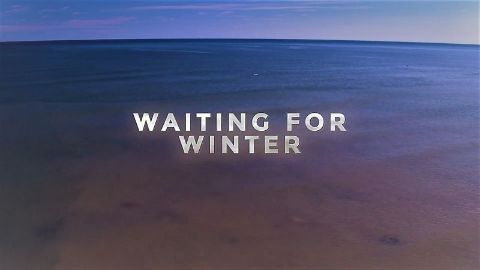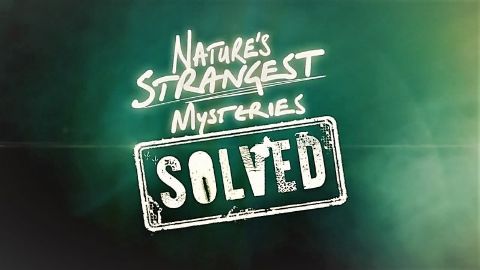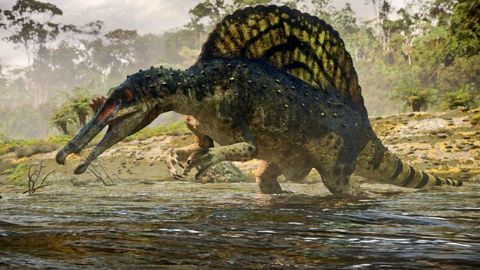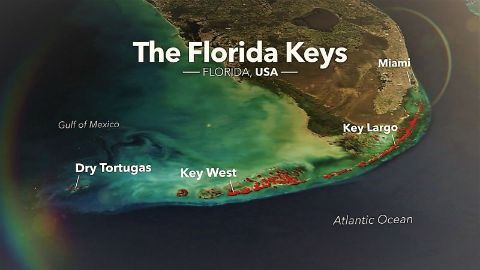Arctic Secrets • 2015 • 8 episodes •
The American Dipper can plunge its head into freezing Arctic water up to 60 times a minute. In the summer, ferocious mosquitoes can draw up to a pint of blood a day from caribou. Take a fascinating look into the Arctic seasons and the impact that rising sea levels have on local wildlife, and, ultimately, our own world.
2015 • Nature
Canada's Devon Island is the largest uninhabited island in the world--and with good reason. Temperatures below freezing for nine months of the year and an annual rainfall comparable to the Gobi Desert leave the icy landscape so barren that NASA uses it to simulate conditions on Mars. Take an exhilarating expedition into a land where only the most experienced Inuit hunters dare set foot.
2015 • Nature
The Mackenzie Delta is an Arctic network of channels and islands at the mouth of Canada's largest river. It's home to the ancient Inuit, as well as a variety of highly specialized wildlife, including the sonorous sandhill and majestic peregrine falcon. Follow them as they contend with a rapidly changing climate.
2015 • Nature
As the days shorten and the temperature drops, the inhabitants of Nunavik, Quebec prepare to face the approaching arctic winter. Watch as muskoxen fatten up, ptarmigans hunt for berries, and Inuit make use of the last warm days of the year.
2015 • Nature
North Atlantic bowhead whales have the largest mouths of any living creature and can live up to 200 years. In fact, some still carry harpoon fragments from a century ago. Join two intrepid Inuit tribesmen as they venture into the harsh Arctic region known as Ninginganiq to witness a gathering of these mysterious and awe-inspiring giants.
2015 • Nature
Every summer, the frozen waters of Hudson Bay partially thaw for a few short months. For migrating beluga whales, it's a seasonal window of feeding and breeding opportunities, but for polar bears, it's a famine-filled test of their survival. Explore the shifting fortunes of a vibrant Arctic world.
2015 • Nature
Every year, thousands of salmon make their way upstream along the nearly 2000-mile-long mighty Yukon River, desperate to reach spawning beds. Eagerly checking their progress is a host of hungry predators, from grizzly bears to bald eagles-all desperate to stock up on protein before the long winter months ahead.
2015 • Nature
A polar bear mother keeps watch over her cub as they wait for the coming winter and the plentiful feeding opportunities it brings. But there are threats abound: from cannibalistic male bears, to the devastating impact of climate change, which has delayed the seasonal freeze and put them at risk of starvation.
2015 • Nature
